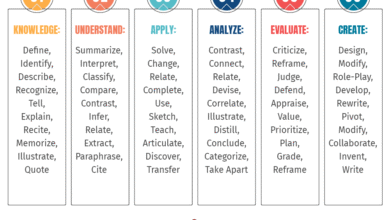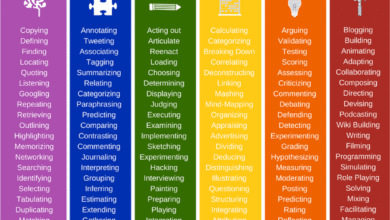Podcast 147: Cognitive Load Theory

Why do some teaching strategies overwhelm students?
Understanding Cognitive Load Theory can help teachers design lessons that reduce overload and improve student learning.
In this episode of The Memory Toolkit, I explore the fascinating world of Cognitive Load Theory. Developed by John Sweller in 1988, this theory explains how our brains process and store information—and why some teaching strategies can unintentionally make learning harder.
Episode Summary
In this episode, I break down:
- ✅ What Cognitive Load Theory is – and why it matters
- ✅ The three types of cognitive load – intrinsic, extraneous, and germane
- ✅ Why problem-solving alone doesn’t always lead to learning
- ✅ Simple strategies to reduce cognitive overload in the classroom
Listen now
Available on: ✅ Podbean / Duration: 24 minutes
Further reading
⏭ Next episode
Next time on The Memory Toolkit, I will be exploring how cognitive load theory applies to lesson planning—helping teachers design more effective instruction.
Image credit: Depositphotos.com
Related
Source link



